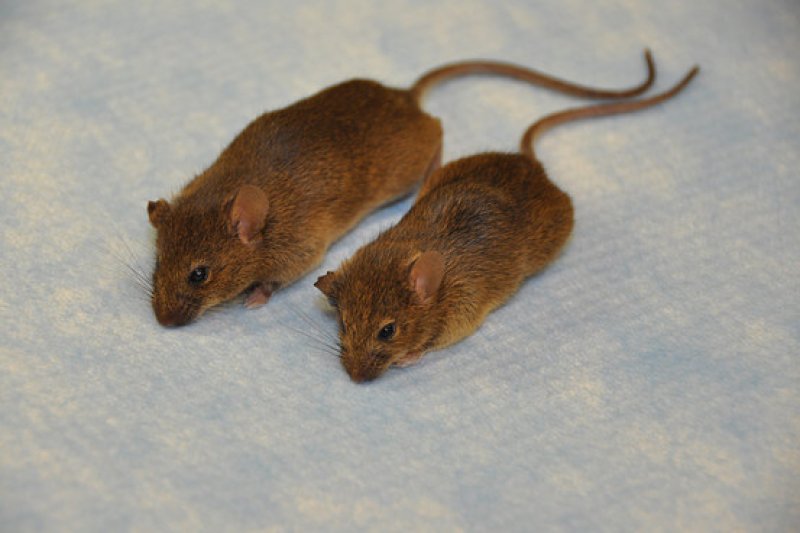By reducing the activity of one type of gene, scientists said they increased the average life span of mice by about 20%, and preserved memory, cognition and other traits into old age.
Though mouse studies don’t always translate to humans, Dr. Finkel and other researchers said the results raise the possibility that targeting the gene with drugs that inhibit its activity might one day be at least part of a strategy for prolonging longevity in people.But researchers don’t know if whether inhibiting the action of the gene would have similar life-extending effects in humans, and if it did whether the benefit would come without unwanted problems.
Read the full, original story here: Genetic Manipulation Extends Life of Mice 20%
Additional Resources:
- “Mutant Mice Live Longer,” Scientist
The Scientist’s coverage contains extra technical details not found in the Wall Street Journal story, but worthy of note. Like the fact that the researcher’s control group happened to fall on the “short end” of known mice lifespans, which is a noteworthy limitation of the study. - “Increased Mammalian Lifespan and a Segmental and Tissue-Specific Slowing of Aging after Genetic Reduction of mTOR Expression,” Cell Reports
The research study was published in the open-access journal Cell Reports. You can download the text at the link above. - “The genetic fountain of youth?” Genetic Literacy Project
Researchers frequently look for connections between genetics and longevity. Check out some examples in this recent roundup from the GLP.































